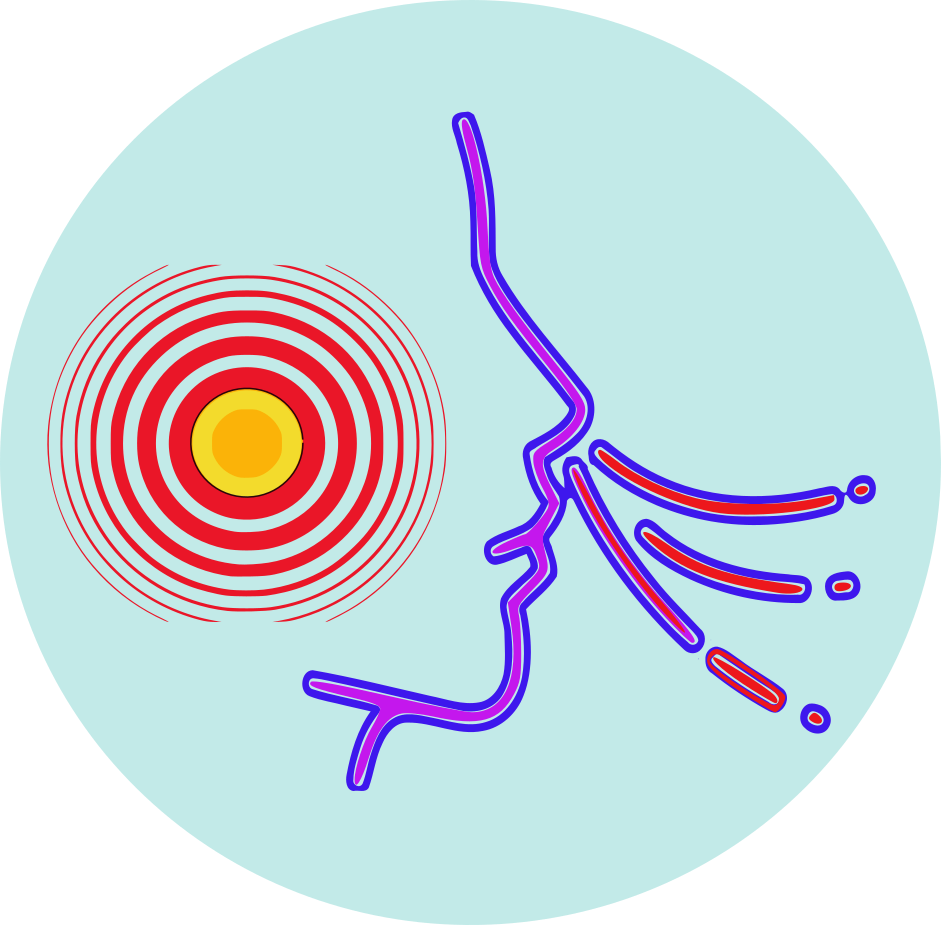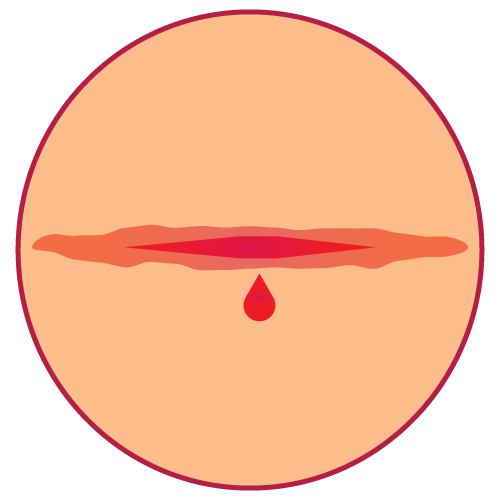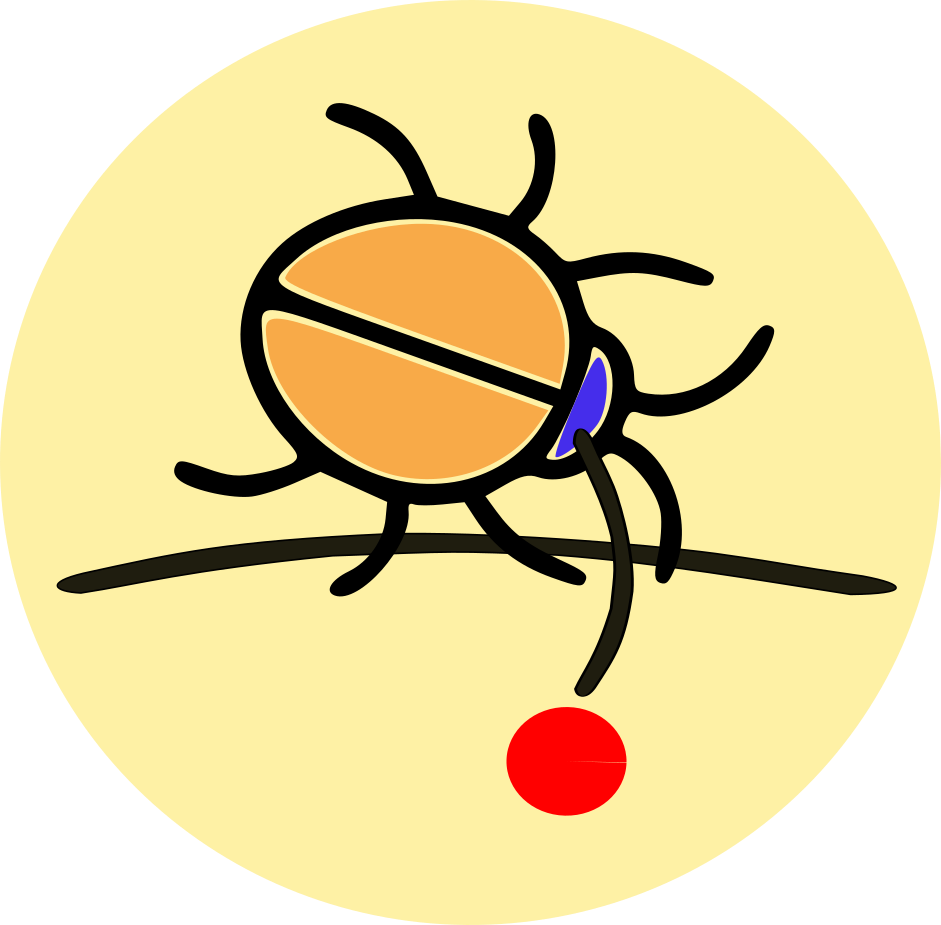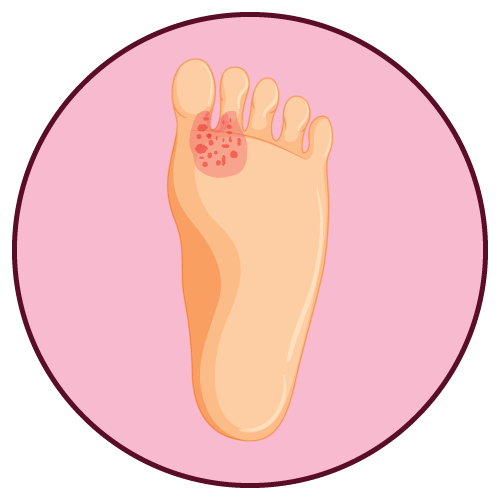| Name | Thymol |
| Classes |
Antiinfective Agent Anthelmintic/Antiparasitic Antiseptic and Germicide |
| Diseases |
Dental Disorder Gingivitis |
Thymol
Thymol is a natural monoterpenoid phenol that has antiseptic and antifungal properties. It works by damaging the cell walls of microorganisms, resulting in their death.
Thymol is used in the treatment of various conditions, including:
- As a mouthwash to relieve bad breath and improve oral hygiene
- As an antisept~ic in the treatment of minor cuts, burns, and insect bites
- As a topical treatment for fungal infections of the skin and nails
The dosage and administration of thymol depend on the specific condition being treated. It is available in various forms, including mouthwash, ointment, and solution for topical application. The recommended dosage should be determined by a healthcare professional.
Thymol is generally well-tolerated, but some individuals may experience the following adverse reactions:
- Skin irritation or allergic reactions
- Nausea and vomiting if ingested
- Headache or dizziness
- Shortness of breath or chest pain
Before using thymol, it is important to take note of the following warnings and precautions:
- Thymol is for external use only and should not be ingested.
- Do not use thymol if you have a known allergy to it or any of its components.
- If you experience any adverse reactions after using thymol, stop using it and seek medical attention.
- Thymol may interact with other medications or herbal supplements, so inform your healthcare provider of any medications or supplements you are taking.
Contraindication
Thymol is contraindicated in individuals with a known allergy to thymol or any of its components.
None known.
None known.
 Bangla
Bangla English
English






